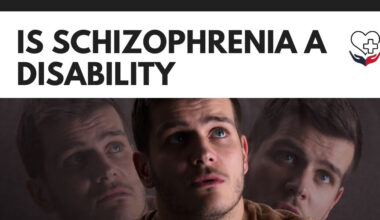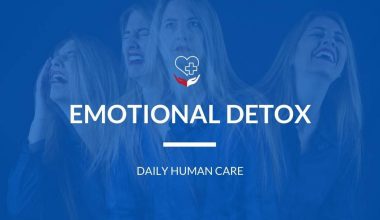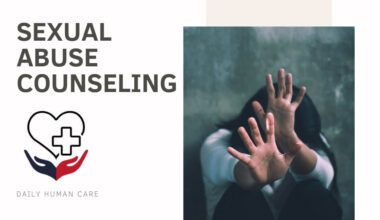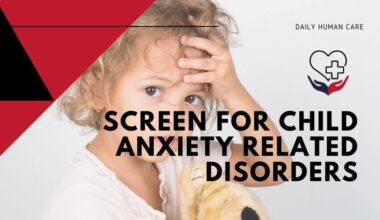First responders have a lot of responsibilities on their shoulders. These people, from the emergency medical staff we rely on to the judicial system’s defenders, toil valiantly in demanding and all too frequently thankless professions. Are the precautions taken to protect us and them enough?
A recent study found that each year, more firefighters die by suicide than while responding to cries for assistance. Additionally, thousands of police officers across the country kill themselves each year. The rise in suicide attempts and ideas is one troubling trend. They frequently develop as a result of the stress and psychological damage brought on by their jobs.
First responders frequently find themselves in dangerous situations that might be fatal in these high-stress, high-risk jobs. Their physical wounds, hazardous environments, traumatic experiences, and a number of other elements may have a negative impact on their mental health. Issues at work, such as excessive hours, physical stress, and insufficient sleep, have been linked to poor performance.
First responders are far more prone than the average person to suffer from PTSD, depression, and other mental health conditions. Stress has varied affects on different people, and these effects continue even when people are not working. PTSD symptoms include substance addiction, rage, anxiety, difficulty sleeping, and stomach problems can affect public safety workers like police officers.
Although there are resources and treatments accessible, stigma surrounding mental health still exists. Although it still exists everywhere, in some locations this stigma is more pronounced. Treatment is frequently postponed as a result of these institutional and cultural restrictions, leaving public safety officers to address the situation alone.
Peer support has its advantages, but professional help is still required. There are several places where you can find this kind of assistance. Public safety workers have access to a variety of free options, but only virtual support services. If you need assistance, you can also get in touch with organizations created by people who are aware of the time and effort required to safeguard public safety.
In the areas of healthcare and public safety, we can help our heroes far more. To improve public understanding of mental health concerns and lessen the stigma associated with seeking treatment for them, we must all work together. You may learn more about how PTSD affects public safety personnel on the linked infographic.




